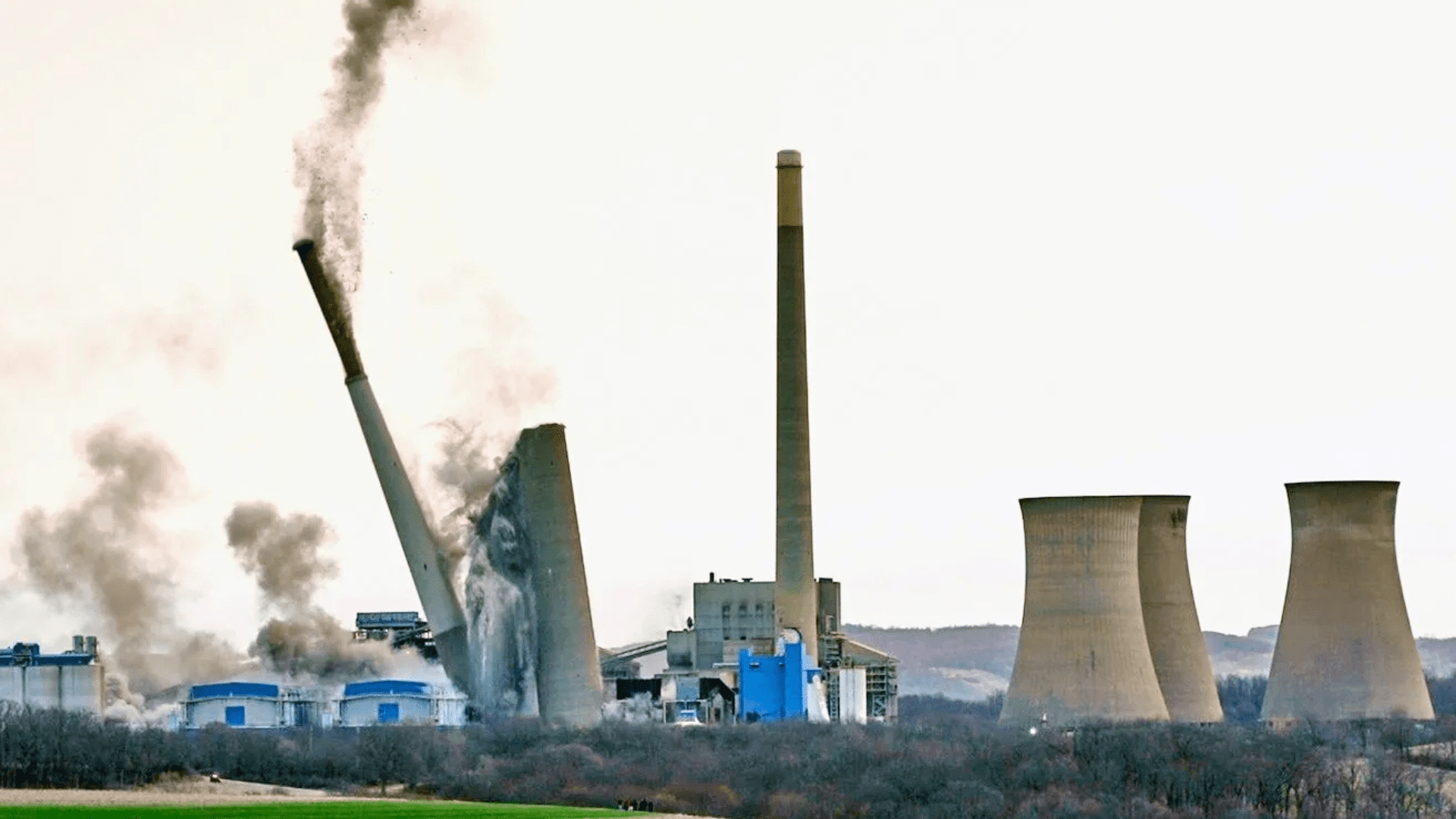German-Swiss equipment manufacturer Liebherr recently deployed the world’s first hydrogen-powered wheel loader. The hydrogen loader is part of a two-year pilot project at the Gratkorn quarry in Austria. According to estimates, the wheel loader would prevent 100 million tons of carbon emissions yearly. The prototype is called the L566 H.
Transportation and construction industries are conventionally the highest emitters of planet-warming emissions. As a result, there is a heavy push to reduce carbon emissions to net zero by 2040. Urban transportation, like small to mid-size vehicles, has succeeded, but larger vehicles cannot operate using energy-storing batteries. That is where hydrogen can help.
Hydrogen-Powered Loader

Hydrogen is being explored as a clean alternative because of its high energy density. When it’s used in a fuel cell, hydrogen and oxygen mix to make electricity. However, Liebherr has a different plan for the L566 H. The company uses the element in a special combustion engine that burns hydrogen rather than diesel to power the wheel loader. Its modified combustion engine reportedly produces no CO2 or nitrous oxide gases while offering high energy efficiency.
“The technology also enables large vehicles that are difficult to electrify due to their high energy demand to be operated without CO2,” said Dr.-Ing. Herbert Pfab, Technical Director of Liebherr.
Using green hydrogen to power heavy vehicles is still a pipe dream because commercially available hydrogen is produced by fossil fuels. When produced by fossil fuels, it’s called brown hydrogen. According to Liebherr’s estimates, the L566 H will prevent the use of over 9,900 gallons of diesel. However, that’s with green hydrogen. The loader will be refueled with green hydrogen at the pilot project site.
Estimates suggest that hydrogen demand will reach 130 million tons by 2030, and brown hydrogen will likely meet much of this demand.
“Green hydrogen is an indispensable element of our future energy,” said climate action minister Leonore Gewessler. “As an important and valuable energy source, it helps replace fossil natural gas – especially in industry.”







